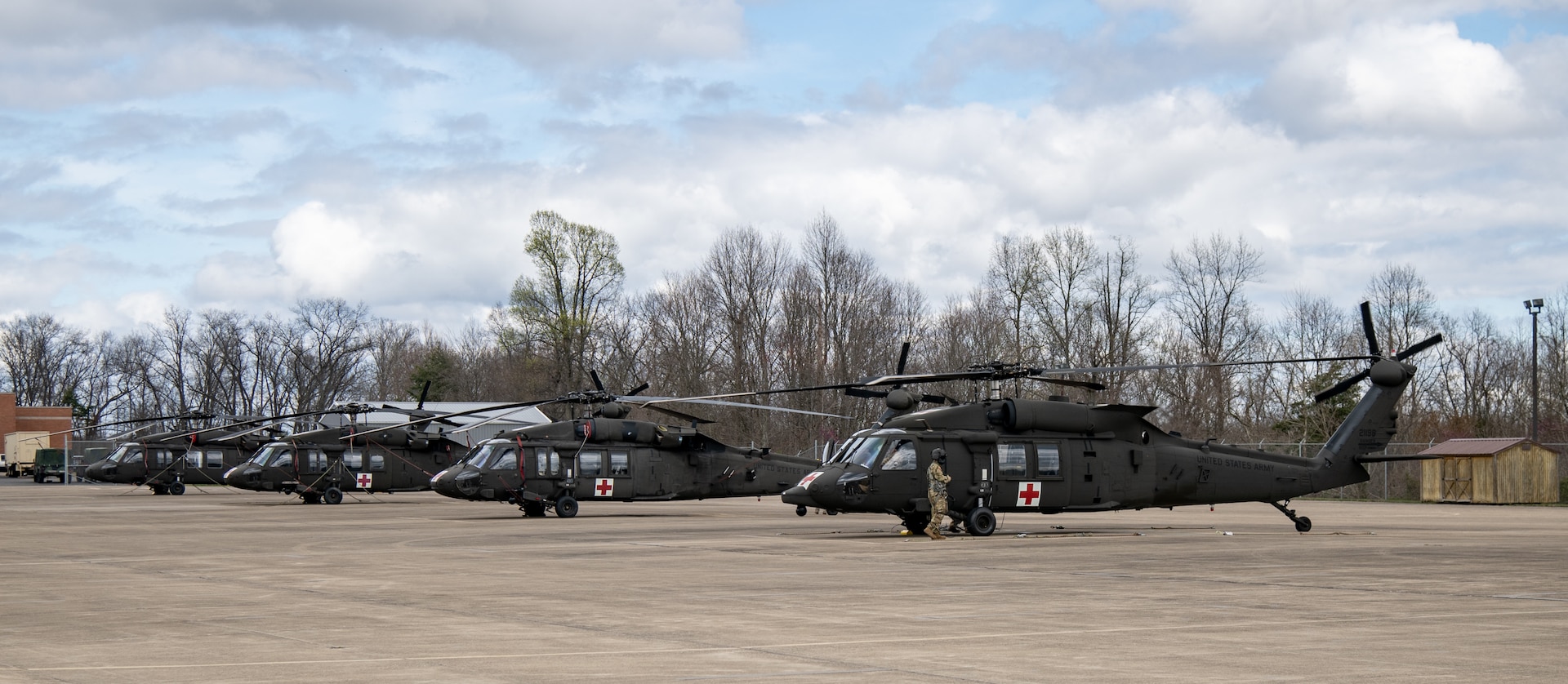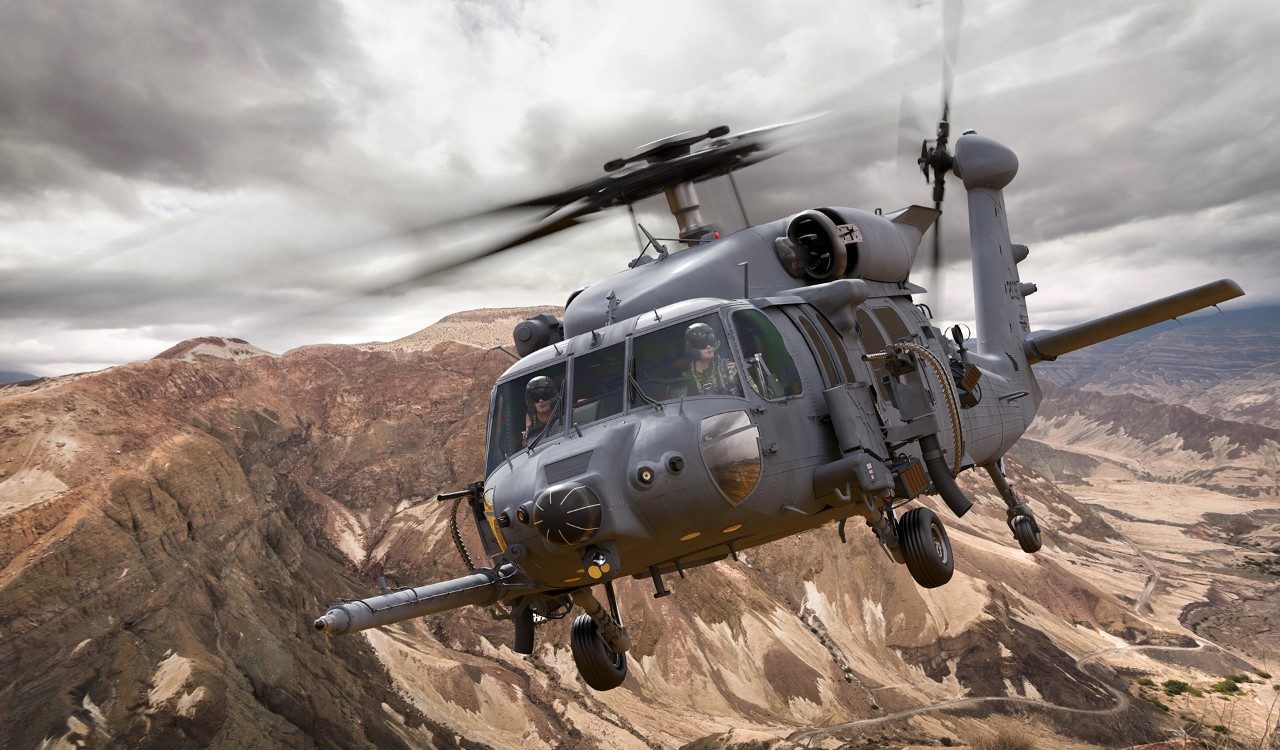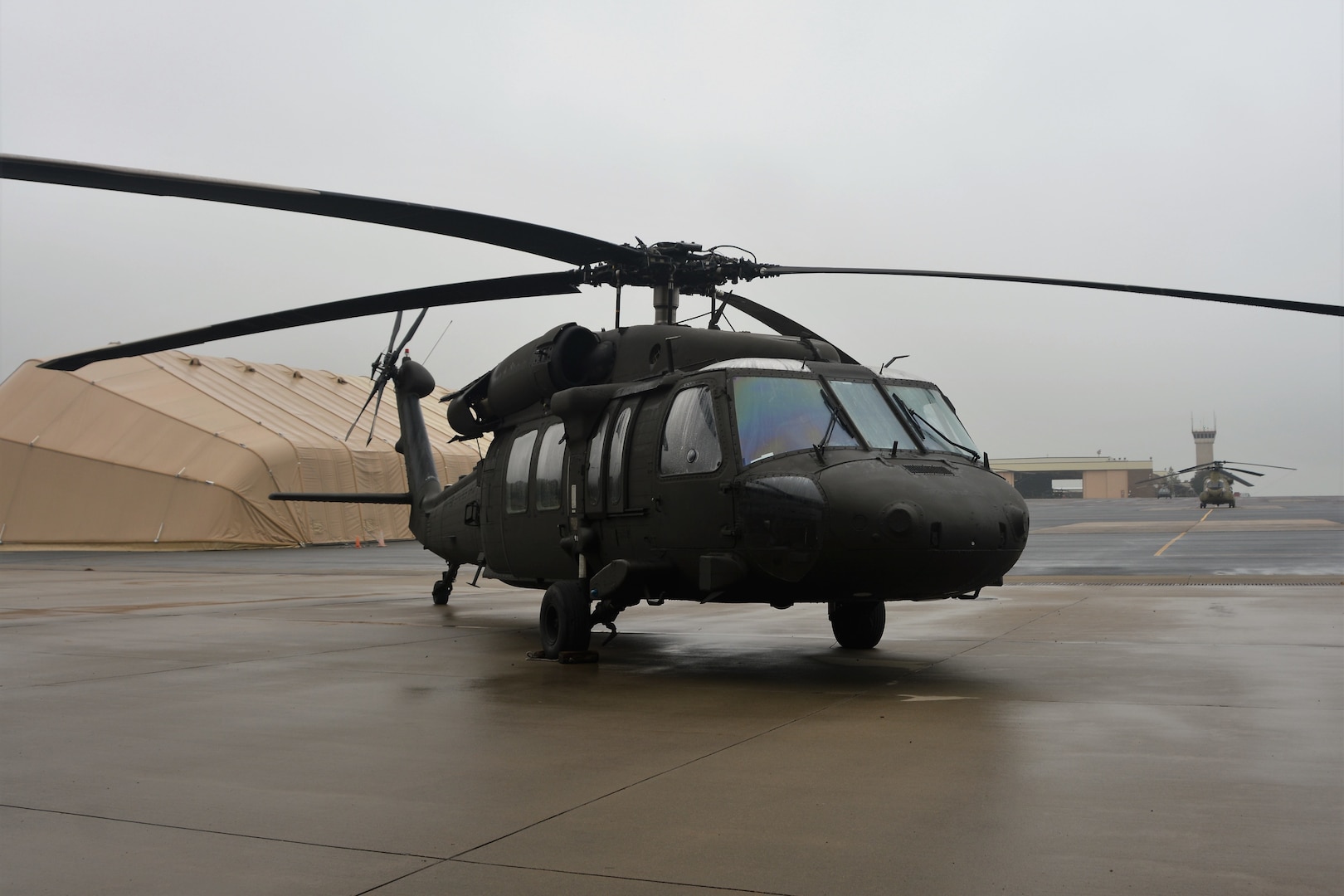UH 60 Black Hawk: Army Helicopter Attributes and Capabilities
UH 60 Black Hawk: Army Helicopter Attributes and Capabilities
Blog Article
The Impact of Sustainable Practices on the Future of Airplane Operations and Emissions Reduction
As the aviation market deals with enhancing examination over its ecological impact, the fostering of lasting methods arises as an important path toward future aircraft procedures and discharges decrease. Developments in sustainable aviation fuels and advancements in crossbreed propulsion technologies stand at the center of this makeover, encouraging considerable decreases in greenhouse gas discharges.

Summary of Sustainable Practices
Lasting techniques in aircraft operations encompass a range of strategies intended at lowering environmental influence while maintaining operational efficiency. These methods are essential in the aviation market's commitment to reducing its carbon footprint and sticking to worldwide ecological standards. Trick efforts include enhancing trip paths to reduce fuel intake, enhancing upkeep methods to ensure airplane operate at peak efficiency, and executing sophisticated technologies such as winglets and lightweight materials that boost aerodynamics.

Educating and engaging personnel on sustainability methods likewise play an important function, fostering a society of environmental duty within companies. Overall, the combination of these sustainable practices not only helps in reducing emissions however additionally boosts the long-lasting feasibility of the air travel field, ensuring it fulfills the needs of both clients and regulative bodies while adding to worldwide sustainability objectives.
Ingenious Gas Alternatives
Many cutting-edge gas choices are emerging as critical options to lower the air travel sector's dependence on traditional fossil fuels. Amongst these alternatives, Lasting Aviation Fuels (SAFs) have actually acquired considerable attention because of their potential to lower lifecycle greenhouse gas emissions by approximately 80% compared to conventional jet gas. SAFs are originated from numerous feedstocks, consisting of waste oils, agricultural deposits, and even algae, making them a versatile choice for the market.
An additional promising alternative is hydrogen fuel, which, when utilized in gas cells, produces just water vapor as a result. In addition, electrical propulsion systems are being explored, leveraging battery technology to power aircraft.
Lastly, biofuels originated from biomass are being checked out, offering an eco-friendly option that can be blended with conventional gas. Jointly, these cutting-edge fuel options represent a critical action toward accomplishing a sustainable aeronautics community, straightening with international emissions reduction targets and boosting the sector's ecological stewardship.
Technological Developments in Air Travel

Exactly how can technological developments reshape the future of air travel? The integration of sophisticated technologies is pivotal in changing aircraft operations, boosting performance, and minimizing exhausts. Advancements such as hybrid and electrical propulsion systems are at the center, promising significant decreases in fuel usage and greenhouse gas discharges. These systems utilize improvements in battery technology and power management, making it possible for airplane to run with a reduced ecological impact.
Additionally, the application of advanced materials, such as light-weight compounds, adds to enhanced aerodynamics and fuel efficiency. The use of synthetic intelligence and artificial intelligence in trip procedures optimizes route planning and lowers fuel melt by enabling real-time changes based on weather and website traffic problems. Furthermore, look what i found the advancement of autonomous and from another location piloted aircraft systems stands to transform freight and traveler transportation, potentially increasing efficiency while lessening human mistake.
Furthermore, sustainable aviation innovations, including sophisticated air traffic administration systems, can simplify procedures and minimize congestion, resulting in lower emissions during trip. These innovations jointly represent a standard shift in aviation, promising a future where sustainability and operational effectiveness are intertwined, therefore supporting the industry's dedication to decreasing its environmental influence.

Governing Framework and Compliance
Because of the expanding emphasis on ecological stewardship within the aviation industry, the governing structure controling aircraft operations is progressing to advertise lasting methods. Governing bodies, such as the International Civil Aviation Company (ICAO) and numerous nationwide air travel authorities, are introducing rigorous standards targeted at decreasing pop over to this web-site exhausts and boosting operational effectiveness.
These laws commonly consist of the adoption of Lasting Aeronautics Fuel (SAF), which has been recognized as a crucial part in accomplishing lower carbon impacts. Compliance with these guidelines needs airline companies to execute functional techniques and innovative technologies, such as enhanced flight courses and improved air web traffic monitoring, to decrease gas intake.
Furthermore, the enforcement of emissions trading systems and carbon offsetting efforts is coming to be significantly widespread, engaging airline companies to keep track of and report their discharges accurately. Non-compliance can cause substantial penalties, therefore pressing operators to focus on sustainability in their business designs.
Inevitably, the advancing regulatory click over here landscape not just drives development and financial investment in eco-friendly modern technologies yet also fosters a society of responsibility within the aviation sector. As these structures proceed to create, the emphasis on sustainable techniques will certainly be important to attaining the sector's lasting environmental objectives.
Future Trends in Aircraft Operations
As the aeronautics industry adapts to a progressively strict governing atmosphere, future fads in aircraft procedures are readied to focus on ingenious services that further enhance sustainability and performance - uh 60. Key advancements will likely include the adoption of innovative air web traffic administration systems, which make use of real-time information and artificial knowledge to enhance flight courses, reducing fuel consumption and exhausts
One more significant fad is the increased integration of sustainable air travel gas (SAFs) These choices to standard jet gas, stemmed from eco-friendly sources, can dramatically reduce lifecycle greenhouse gas exhausts. The market's commitment to SAFs will likely increase as airline companies team up with fuel manufacturers to make certain schedule and cost-effectiveness.
Furthermore, the press in the direction of electrification and crossbreed propulsion systems is acquiring energy. Emerging airplane designs will certainly include these modern technologies, offering quieter and much more reliable procedures, particularly for short-haul trips.
Final Thought
The fostering of lasting aviation fuels, combined with improvements in electric and hybrid propulsion systems, is vital for lessening lifecycle greenhouse gas discharges. Maximizing flight courses and welcoming innovative technologies add to a quieter and a lot more eco friendly aviation industry.
Advancements in sustainable aeronautics fuels and developments in crossbreed propulsion technologies stand at the leading edge of this improvement, appealing substantial decreases in greenhouse gas emissions.Various cutting-edge gas choices are emerging as crucial options to decrease the aeronautics market's dependence on standard fossil fuels - uh 60. Amongst these choices, Lasting Aeronautics Gas (SAFs) have acquired significant attention due to their potential to reduce lifecycle greenhouse gas emissions by up to 80% compared to conventional jet fuels.Another substantial pattern is the increased combination of sustainable aviation fuels (SAFs) The adoption of sustainable aeronautics fuels, coupled with developments in hybrid and electrical propulsion systems, is vital for minimizing lifecycle greenhouse gas emissions
Report this page